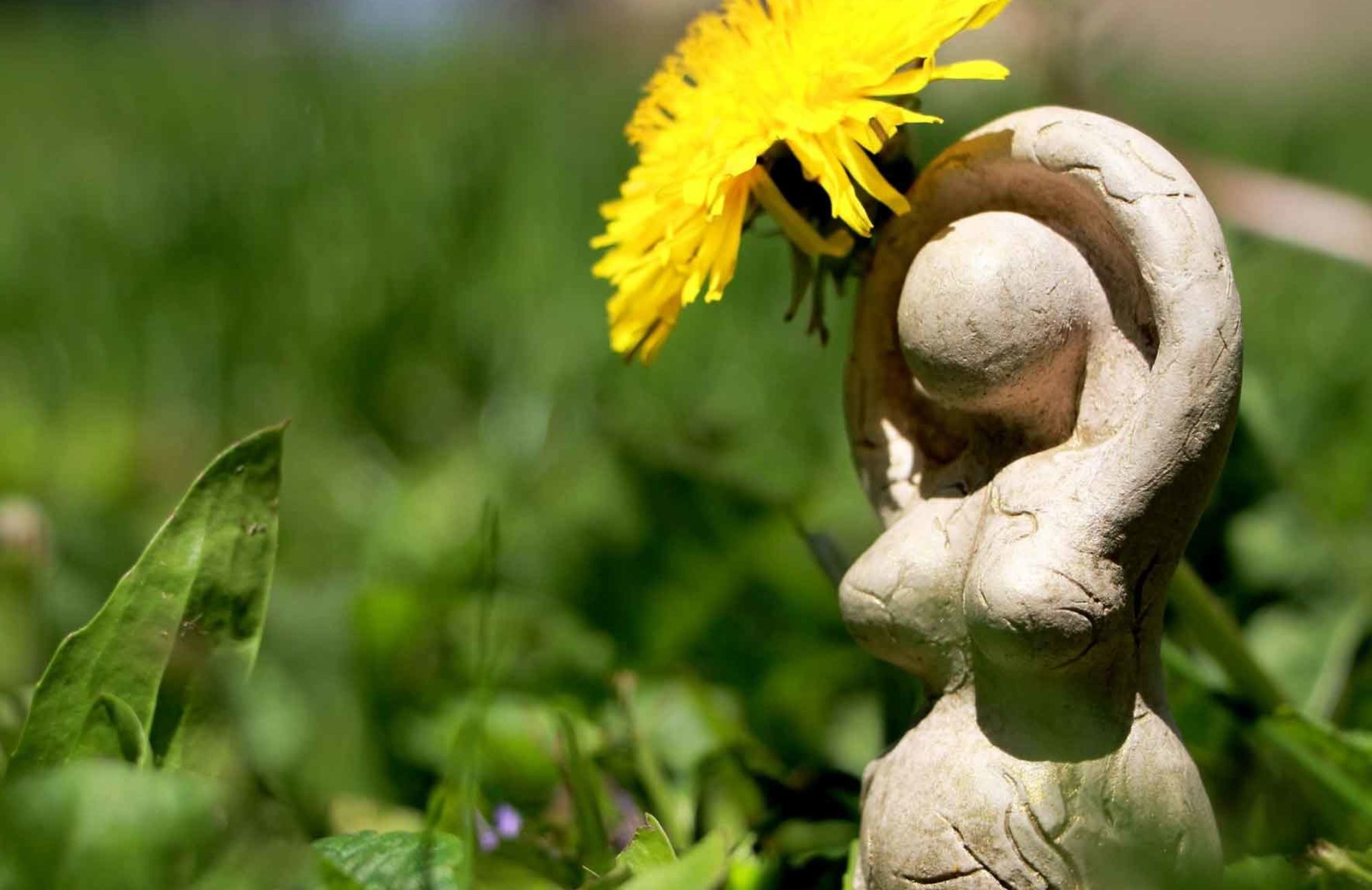Eruptions of Inanna: Justice, Gender, and Erotic Power

We are pleased to announce that Eruptions of Inanna: Justice, Gender, and Erotic Power by Judy Grahn has won the Association for the Study of Women and Mythology’s Sarasvati Nonfiction Book Award. The award letter to Nightboat Books, which will be read at our symposium on April 10, reads as follows:
The clarity of Grahn’s prose, enlivened by flights of poesy, makes this a work of scholarly heft and intellectual precision a literary delight.
Grahn takes feminist, queer, and literary approaches to varied sacred narratives, eliciting the ethical vision implicit in each and restoring goddess/woman/womb to the rightful place of centrality and seat of power, whether revered or contested. The author also brings geographic, astronomical, and lexical considerations to bear on her interpretations, resulting in stunning revelations on virtually every page.
Eruptions of Inanna offers original insights on a spectrum of literary sources and associated cultural patterns. The book reveals something that generations of biblical scholars combing the Hebrew scriptures for Sumerian elements have failed to discover, namely, the profound indebtedness of the Book of Job to the hymns of Inanna in its moral premise, narrative frame, dialogic exchanges, and specific phrasing and theological formulations. Beyond this towering contribution, readers are rewarded with fresh perspectives on any material already familiar to them, such as the Gilgamesh epic, the Greek pantheon, Helen of Troy, and South Asian goddess traditions, as well as the titled Inanna. Those immersed in study of Inanna and the excellent scholarship already available will find in Eruptions of Inanna more majesty, lavish beauty, and all-encompassing power than previously envisioned as the book integrates the diverse and seemingly divergent aspects of Inanna into a cosmic whole.
While focusing on Near Eastern and Mediterranean materials, the inclusion of South Asian examples and cases further afield (Native American, African) gives the work a global sweep. The pressing ethical concern at the heart of the book is the conflictive value system of gender-based violence and oppression that now threatens life on the planet. Drawing on sacred stories spanning millennia, the author elicits an inclusive, cooperative worldview based on earthly, celestial, and human female bodily cycles of creation, transformation, and regeneration. The book steers us toward the goal of an equitable, compassionate world of collective harmony and flourishing.
We congratulate Nightboat Books on producing a beautiful book whose design allows the lapidary prose of the brilliant author to shine on its pages.

Judy Grahn is an internationally known poet, author, mythographer, and cultural theorist. Her works include seven books of nonfiction, two book-length poems, five poetry collections, a reader, and a novel. An early Gay activist who walked the first picket of the White House for Gay rights in 1965, she later founded Gay Women’s Liberation and the Women’s Press Collective. Her intention with writing is to replace obsolete philosophies with better ones.
See the Symposium page for more information.
REGISTER HERE FOR SYMPOSIUM:

























You must be logged in to post a comment.